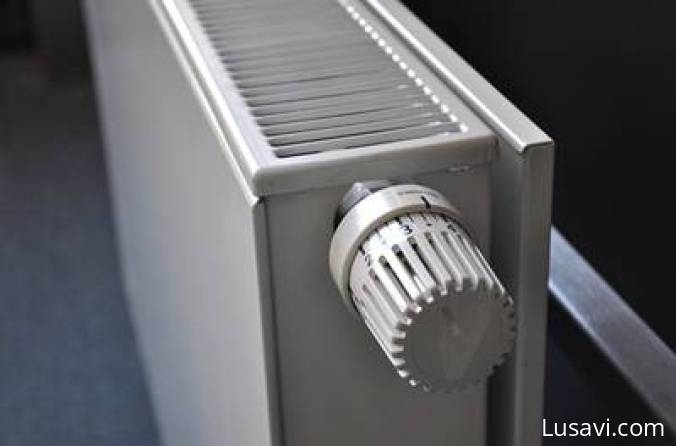Radiators on at Night: Is It Bad for Your Health?
During the colder months, the temptation to leave radiators on overnight can be strong, especially for those who struggle to stay warm in their homes. However, there has been ongoing debate about whether sleeping with radiators on all night is harmful to health. Let’s explore the potential risks, benefits, and expert recommendations.
Potential Risks of Leaving Radiators On at Night
-
Dry Air: One of the most commonly reported issues with radiators running overnight is the reduction in humidity levels in the room. Prolonged exposure to dry air can lead to:
- Dry skin and lips.
- Irritation of the eyes, nose, and throat.
- Worsened symptoms for individuals with respiratory conditions such as asthma or sinusitis.
A lack of moisture in the air can also contribute to poor-quality sleep, as discomfort may cause restlessness or frequent waking.
-
Overheating: Sleeping in an overly warm environment can disrupt the natural sleep cycle. Experts suggest that the ideal bedroom temperature for restful sleep is between 16°C and 20°C (60°F and 68°F). Radiators left on high settings may lead to overheating, making it harder to achieve deep, restorative sleep.
-
Increased Risk of Fire or Carbon Monoxide Issues: While modern central heating systems are generally safe, older systems or poorly maintained radiators may pose a fire hazard. Additionally, if your heating system relies on gas, a malfunction could lead to carbon monoxide leaks, which can be life-threatening.
Benefits of Overnight Heating
Despite the risks, there are also some arguments in favor of keeping radiators on overnight:
-
Comfort in Cold Climates: For individuals living in extremely cold regions, maintaining a warm environment overnight can prevent health issues such as hypothermia, particularly for the elderly, infants, or those with weakened immune systems.
-
Reduced Risk of Damp and Mold: In homes prone to condensation and dampness, consistent heating can help prevent the growth of mold, which can have its own negative effects on respiratory health.
How to Minimize Risks While Staying Warm
If you decide to keep your radiators on overnight, there are several steps you can take to reduce potential health risks:
-
Use a Thermostat: Set your thermostat to maintain a moderate temperature, ideally within the recommended range of 16°C to 20°C. This will prevent the room from becoming too warm.
-
Add a Humidifier: A humidifier can help counteract the drying effects of radiators by adding moisture to the air. Alternatively, placing a bowl of water near the radiator can also increase humidity levels.
-
Ventilate the Room: Ensure proper ventilation by slightly opening a window or door. This will allow fresh air to circulate and help prevent the buildup of dry, stale air.
-
Inspect Your Heating System: Regularly service your radiators and heating system to ensure they are functioning safely and efficiently. For gas-powered systems, install a carbon monoxide detector as an extra precaution.
-
Consider Alternative Heating Methods: Using an electric blanket or hot water bottle can provide localized warmth without the need to heat the entire room.
Final Thoughts
While sleeping with radiators on at night is not inherently dangerous, it does come with potential downsides, particularly if the room becomes too dry or too warm. To ensure both comfort and safety, it’s essential to maintain a moderate temperature, ensure proper humidity, and keep your heating system in good condition. By taking these precautions, you can stay warm without compromising your health or the quality of your sleep.
On Lusavi.com you will find: Vacation rentals worldiwde | B&Bs worldiwde | Hotels worldiwde | Guesthouses worldiwde | Farmhouses worldiwde | Apartments worldiwde | Room rentals worldiwde

